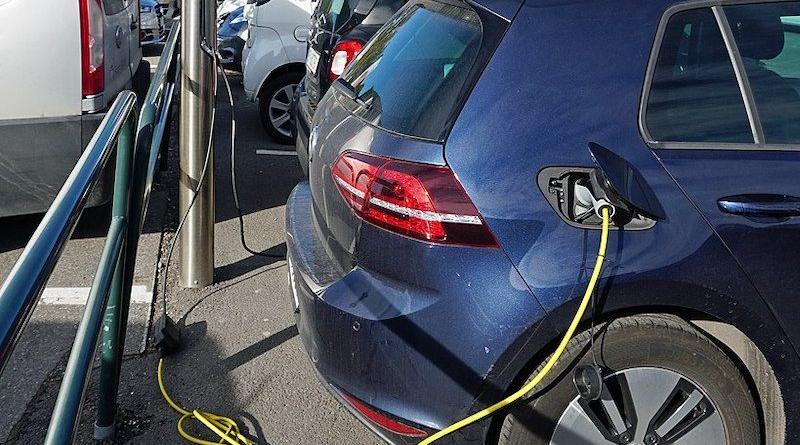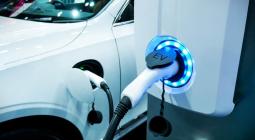21 Myths: Explainer Counters ‘Relentless Hostile Reporting’ on EVs

A leading climate and energy analyst is out with a 21-part fact-checker to counter the most common myths about electric vehicles.
EVs “significantly cut lifecycle greenhouse gas emissions in almost all circumstances and are the key technology for decarbonising road transport.,” writes Carbon Brief Deputy Editor Simon Evans. But even though EV sales are booming, from one in 70 vehicles in 2017 to one in seven last year, they’re also “being subjected to relentless hostile reporting across mainstream media in many major economies.”
Evans reports that:
• It isn’t true that an EV has to travel at least 50,000 miles per year to break even on carbon.
• VW’s e-Golf does not have to travel 77,000 miles before its environmental benefits outweigh its impacts.
• Nor does the electric Volvo C40 need to travel 68,400 miles to break even.
• Based on European data, EVs cut life cycle greenhouse gas emissions by about two-thirds compared to fossil-fuelled cars, contrary to the claim that they have little advantage over existing vehicles.
• It’s false that combustion engine bans are accelerating climate change.
• It’s a mistake to believe that older vehicles—“old bangers”, Evans says—are “the green motorist’s choice.”
• It isn’t true that EVs just move climate pollution from tailpipes to distant power stations—even if they’re powered primarily by coal and natural gas, and certainly as electricity grids decarbonize.
• It’s false that hydrogen cars are more sustainable than EVs, that EV sales are slowing down, and that there are insufficient raw materials available to electrify all vehicles.
Click here for the rest of Carbon Brief’s 21-point explainer.
PHOTO:Mario Roberto Duran Ortiz /wikimedia commons





